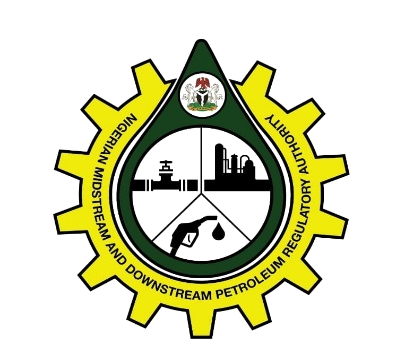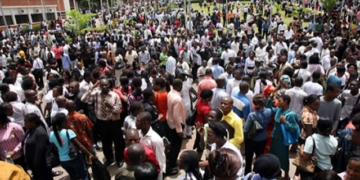The West African countries are on track to sign harmonised refinery regulatory agreements by the fourth quarter of 2025, a vital step toward strengthening the region’s refined fuel market, the Nigerian Midstream and Downstream Petroleum Regulatory Authority (NMDPRA) has announced.
Executive Director in charge of Economic Regulations and Strategic Planning, NMDPRA, Professor Zainab Gobir , who made this known, said the clear timeline and objectives were for achieving a cohesive regional refinery framework.
Speaking at the end of the two-day Nigerian Midstream and Downstream Petroleum Regulatory Authority (NMDPRA) and S&P Global Commodity Insights Conference on the West African Refined Fuel Market in Abuja, on Wednesday, Gobir explained, “The essence of this timeline and agreements is to ensure all operational refineries steadily operate at optimal output to fulfill West Africa’s demand for refined products. All member states are expected to abide by the agreements.”
She also detailed the ambitious but focused timeline: “What is our timeline? Short to medium term. Secondly, a harmonised regional market framework, regulatory policy, and incentives that will attract investment in greenfield refinery products. What is the action base? Regional regulatory bodies working closely together. Timeline: Fourth quarter 2025.”
The agreements aim not only to optimize refinery output but also to introduce regulatory alignment and market reforms that will make the region more attractive to investors. Gobir emphasized, “Licensed refineries must deliver and commit to obligations; they will be licensed to construct or face stiff penalties for non-performance across the entire West African sub-region.”
On implementation and oversight, she said, “Operating refinery member states are responsible. That includes monthly tracking and reporting of production levels and outputs.”
The conference also addressed protecting domestic refineries from unfair international competition, with Gobir noting, “We sought measures to protect domestic refineries from unfair competition and destruction of existing structures and systems.”
To underpin these regulatory efforts, the conference identified four key pillars critical to establishing West Africa as a reliable fuel trading hub with transparent pricing:
“Building and maintaining refinery capacity and supply capabilities; Strengthening logistics networks and operational excellence; Achieving regulatory alignment,” and Adopting a harmonised, transparent, and robust refined product market pricing.”
Professor Gobir hailed major players reshaping the market, highlighting, “The Dangote Refinery is a game changer. Alongside other functional, emerging refineries in Ghana, Thames, Senegal, Côte d’Ivoire, and Nigeria, these facilities are changing the dynamics of defining product markets in West Africa.”
The conference further called on financial institutions to develop innovative structures to fund infrastructure gaps. Gobir urged, “Development finance institutions like African Finance Corporation, AfriExim Bank, African Energy Bank, and private investors should create financial instruments for annual, short-term infrastructure financing.”
Also speaking, the NMDPRA chief executive Engr. Farouk Ahmed underscored the significance of building a regional pricing hub.
“Currently, three hubs benchmark global prices: the U.S. Gulf Coast, Northwest Europe, and the Arabian Gulf, plus the Mediterranean and Singapore,” he said. “But West Africa itself has five key locations. With the support of S&P Global, we are now creating a hub right here in Nigeria—a major milestone.”
Ahmed explained the need for a local benchmark: “In 2025, gasoline trading alone in West Africa reached about 2 million metric tonnes, amongst gas, oil and jet fuel. But pricing has been benchmarked elsewhere. We asked, why not here? Why can’t West Africa have its own pricing benchmark?”
He stressed the broader benefits: “This regional trade hub will indirectly enhance energy security because of the business activities on our shores.”
On additional opportunities, Ahmed highlighted the growth of bunkering (fuelling ships). “Bunkering is fuelling ships, not just cars. With growing shipping and coastal activities, bunkering business is booming within West Africa,” he said.
With these regulatory agreements and frameworks, West Africa aims to secure a transparent, collaborative refinery market that addresses regional fuel demands, attracts investment, protects domestic players, and boosts economic activity by the end of 2025.











